Filter by

Internet architecture and innovation
Today--following housing bubbles, bank collapses, and high unemployment--the Internet remains the most reliable mechanism for fostering innovation and creating new wealth. The Internet's remarkable growth has been fueled by innovation. In this pathbreaking book, Barbara van Schewick argues that this explosion of innovation is not an accident, but a consequence of the Internet's architecture--a …
- Edition
- -
- ISBN/ISSN
- -
- Collation
- 1 online resource (xii, 574 pages) : illustrations
- Series Title
- -
- Call Number
- -
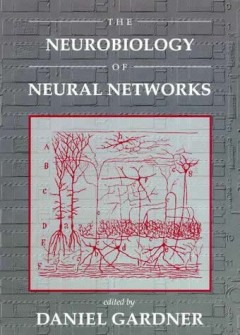
The Neurobiology of neural networks
"A Bradford book."This timely overview and synthesis of recent work in both artificial neural networks and neurobiology seeks to examine neurobiological data from a network perspective and to encourage neuroscientists to participate in constructing the next generation of neural networks. Individual chapters were commissioned from selected authors to bridge the gap between present neural network…
- Edition
- -
- ISBN/ISSN
- 0262290871
- Collation
- 1 online resource (xii, 227 pages) :illustrations.
- Series Title
- -
- Call Number
- -
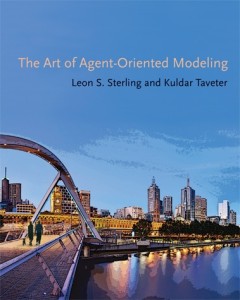
The art of agent-oriented modeling / The Art of Agent-Oriented Modeling
A new approach for conceptualizing and modeling multi-agent systems that consist of people, devices, and software agents.
- Edition
- -
- ISBN/ISSN
- -
- Collation
- 1 online resource (xix, 367 pages) :
- Series Title
- -
- Call Number
- -
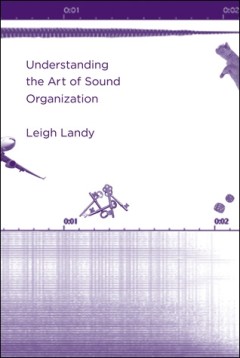
Understanding the art of sound organization / the Art of Sound Organization
The first work to propose a comprehensive musicological framework to study sound-based music, a rapidly developing body of work that includes electroacoustic art music, turntable composition, and acoustic and digital sound installations.
- Edition
- -
- ISBN/ISSN
- -
- Collation
- 1 online resource (xiii, 303 pages)
- Series Title
- -
- Call Number
- -
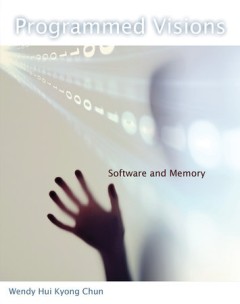
Programmed visions Software and Memory
Wendy Hui Kyong Chun argues that cycles of obsolescence & renewal result in part from the ways in which new media encapsulates a logic of programmability. In seeking to embody a future based on past data, new media becomes a metaphor for metaphor itself.
- Edition
- -
- ISBN/ISSN
- -
- Collation
- 1 online resource (xiii, 239 pages) : illustrations.
- Series Title
- -
- Call Number
- -
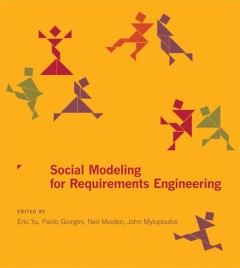
Social modeling for requirements engineering
Much of the difficulty in creating information technology systems that truly meet people's needs lies in the problem of pinning down system requirements. This book offers a new approach to the requirements challenge, based on modeling and analyzing the relationships among stakeholders. Although the importance of the system-environment relationship has long been recognized in the requirements en…
- Edition
- -
- ISBN/ISSN
- -
- Collation
- 1 online resource (vi, 736 pages) :
- Series Title
- -
- Call Number
- -

Augmented learning Research and Design of Mobile Educational Games
New technology has brought with it new tools for learning, and research has shown that the educational potential of video games resonates with teachers and pupils alike. Klopfer here describes the largely untapped potential of mobile learning games to make a substantial impact on education.
- Edition
- -
- ISBN/ISSN
- -
- Collation
- 1 online resource (xvii, 251 pages) : illustrations
- Series Title
- -
- Call Number
- -
Software studies : A Lexicon
This collection of short expository, critical and speculative texts offers a field guide to the cultural, political, social and aesthetic impact of software. Experts from a range of disciplines each take a key topic in software and the understanding of software, such as algorithms and logical structures.
- Edition
- -
- ISBN/ISSN
- -
- Collation
- 1 online resource (xii, 334 pages) : illustrations.
- Series Title
- -
- Call Number
- -
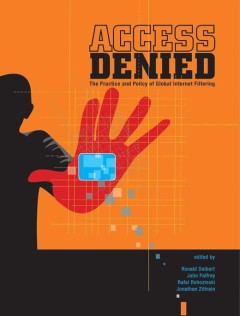
Access denied : Access Denied:
- Edition
- -
- ISBN/ISSN
- -
- Collation
- 1 online resource (xv, 449 pages) :
- Series Title
- -
- Call Number
- -
- Edition
- -
- ISBN/ISSN
- -
- Collation
- 1 online resource (xv, 449 pages) :
- Series Title
- -
- Call Number
- -

Advances in neural information processing systems 19 Proceedings of the 2006 …
The annual Neural Information Processing Systems (NIPS) conference is the flagship meeting on neural computation and machine learning. This volume contains the papers presented at the December 2006 meeting, held in Vancouver.
- Edition
- -
- ISBN/ISSN
- -
- Collation
- 1 online resource (xxiv, 1643 pages) : illustrations.
- Series Title
- -
- Call Number
- -
 Computer Science, Information & General Works
Computer Science, Information & General Works  Philosophy & Psychology
Philosophy & Psychology  Religion
Religion  Social Sciences
Social Sciences  Language
Language  Pure Science
Pure Science  Applied Sciences
Applied Sciences  Art & Recreation
Art & Recreation  Literature
Literature  History & Geography
History & Geography